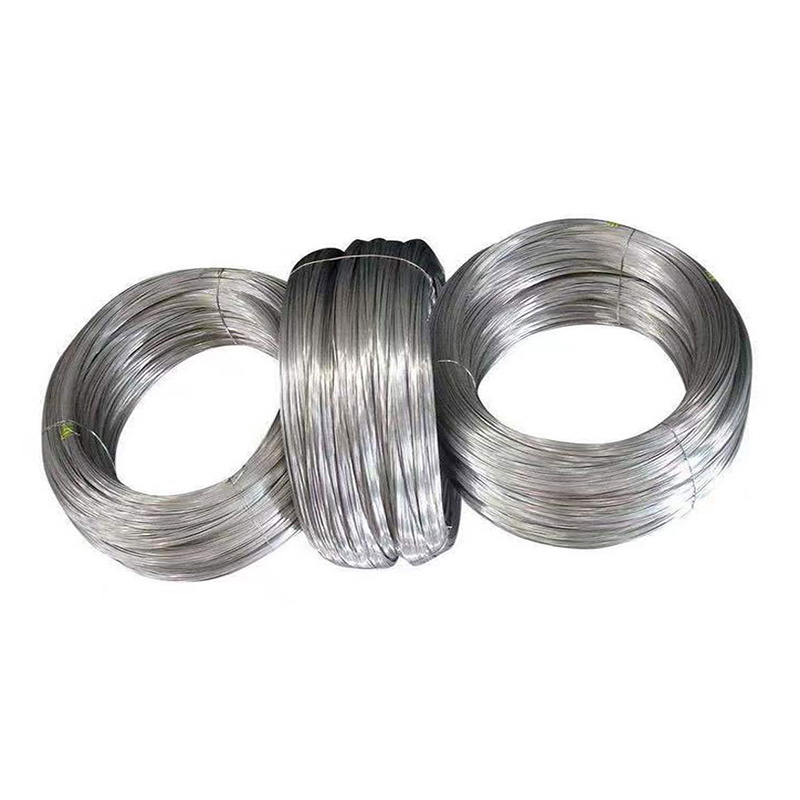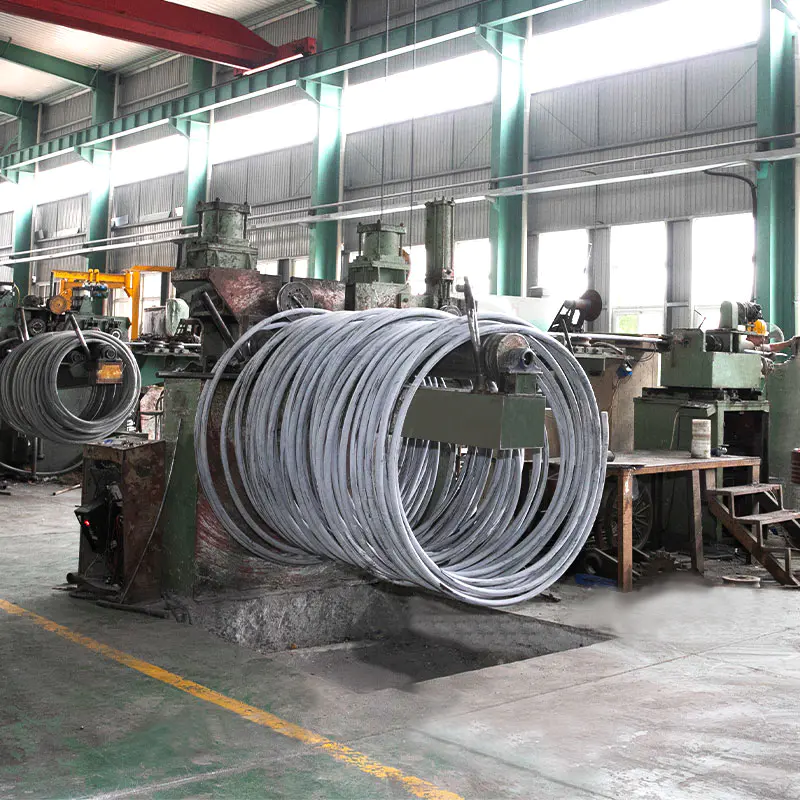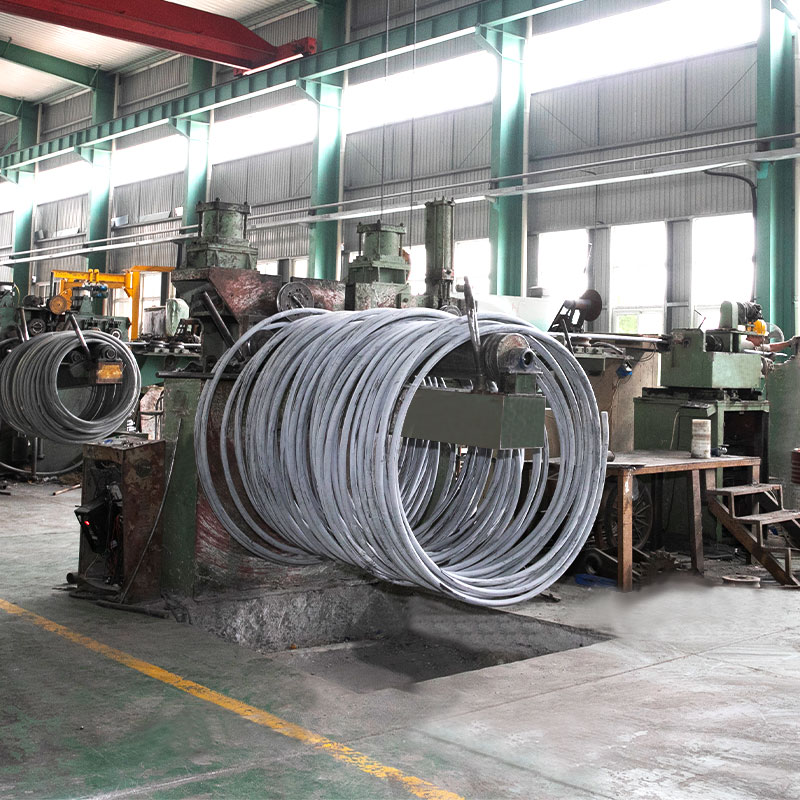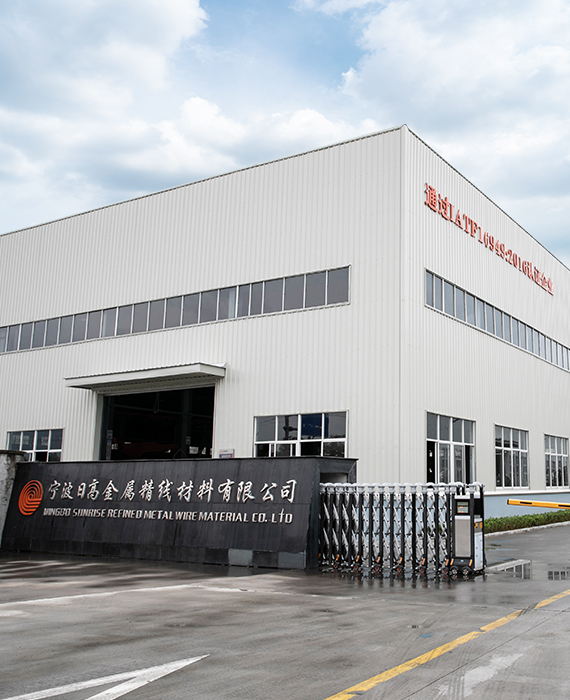Industry News
How do temperature extremes affect the performance of steel fasteners?
Brittle Fracture Risk: At temperatures below the ductile-to-brittle transition temperature (DBTT), steel fasteners become highly susceptible to brittle fracture...

Mild steel is carbon steel with a carbon content o...

Medium carbon steel is carbon steel with a carbon ...

Alloy steel In addition to iron and carbon, other ...

Bearing steel, also known as high carbon chromium ...

Fasteners must be manufactured from raw materials,...

Special-shaped steel refers to steel whose shape i...

High Hardness: Bearing steels are engineered to achieve specific hardness levels necessary for withstanding heavy loads and maintaining dimensional stability. This hardness is primarily achieved through controlled heat treatment processes like quenching and tempering. By optimizing the microstructure, bearing steel can resist indentation and wear, ensuring long-term reliability in high-load environments such as automotive wheel hubs or industrial machinery.
High Fatigue Strength: The ability of bearing steel to endure repeated stress cycles without failure is crucial. Through precise alloying and heat treatment, bearing steel enhances its fatigue strength. This property is essential in applications where components undergo cyclic loading, such as in wind turbines, where bearings must withstand varying wind forces over their operational life without succumbing to fatigue cracks.
Good Wear Resistance: Bearing steel's wear resistance is integral to its longevity. It's formulated to resist abrasive wear from contact with surfaces, ensuring extended service life. This is vital in applications like conveyor systems where bearings handle constant friction from moving parts or in mining equipment where bearings are exposed to abrasive materials, ensuring reliability and minimizing downtime for maintenance.
High Cleanliness: The manufacturing process of bearing steel emphasizes cleanliness to minimize non-metallic inclusions and impurities. Even tiny particles can weaken the material under load, leading to premature failure. By maintaining high cleanliness standards, bearing steel achieves uniform mechanical properties and enhances reliability in critical applications such as aerospace, where bearings must operate flawlessly in extreme conditions.
Dimensional Stability: Bearing steel maintains precise dimensions under varying temperatures and loads. This stability ensures consistent performance and minimal wear within tight clearances. In precision instruments like medical devices or optical equipment, where precise alignment is critical for accuracy, bearing steel's dimensional stability ensures reliable operation over extended periods without deformation or loss of performance.
Excellent Machinability: Bearing steel's machinability allows for the precise manufacture of intricate bearing components. This capability ensures bearings are manufactured to exacting tolerances, critical for smooth operation and reduced friction in applications such as automotive engines or machine tools. High machinability also supports cost-effective production processes, optimizing efficiency without compromising quality.
Suitable Heat Treatment Response: Bearing steel exhibits predictable responses to heat treatment processes, enabling manufacturers to tailor its properties to specific application requirements. Processes like carburizing or induction hardening enhance surface hardness and wear resistance, while tempering balances hardness with toughness. This flexibility allows bearing steel to meet diverse performance demands across industries, from high-speed rail systems to heavy-duty construction equipment.
Corrosion Resistance: While not inherently corrosion-resistant, bearing steel can be alloyed or coated to enhance its ability to resist rust and oxidation. Surface treatments like nitriding or chromium plating protect against environmental factors in marine or outdoor applications, extending bearing life and reducing maintenance costs. This corrosion resistance is crucial in industrial machinery exposed to harsh environments or in automotive components subject to road salt and moisture.


We are a source manufacturer of professional steel wire, we also have our own international trade department, we produce and sell by ourselves.
Ningbo SunRise Refined Metal Wire Material Co., Ltd. is China Custom What are the key characteristics that make bearing steel suitable for high-performance applications? Suppliers and What are the key characteristics that make bearing steel suitable for high-performance applications? Factory. We not only brought in 10 sets of spheroidizing annealing furnaces, dozens of metal wiredrawing equipments and twoworld's leading automatic phosphating pickling lines, but also engaged senior engineers as consultants fromTaiwan. The raw material that we use are supplied by the well known suppliers such as Bao Steel Co., Ltd and Xingtai lron & Steel Corp., Ltd. Also, the domestic lron & Steel manufacturers can be nominated by our customers.
We mainly produce steel wire made of alloy steel, bearing steel, free-cutting steel, high-quality carbon structural steel, low-alloy high-strength structural steel and other materials as raw materials. The annual output is 360,000 tons. It is one of the largest finished wire production bases in Ningbo. We serve all kinds of fasteners, special-shaped parts, automotive fasteners, wind power, petroleum and other fields. Ningbo SunRise is able to meet the high quality requirements of our customers throughout the whole operation process from raw materials to finished products.
Brittle Fracture Risk: At temperatures below the ductile-to-brittle transition temperature (DBTT), steel fasteners become highly susceptible to brittle fracture...
Corrosion Risk: Despite the enhanced corrosion resistance imparted by the phosphate coating, the steel can still be susceptible to corrosion under certain condi...
Directionality of Brushed Lines: Brushed process steel is characterized by fine, linear abrasions that create a distinctive surface texture. Under directional l...
High Hardness: Bearing steels are engineered to achieve specific hardness levels necessary for withstanding heavy loads and maintaining dimensional stability. T...
Contact Us
Your email address will not be published. Required fiels are marked